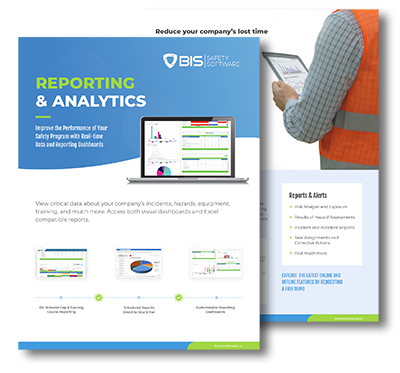Forget the myth that empathy doesn’t belong in the boardroom. Today’s best leaders are proving that emotional intelligence is a business asset—not a liability. When leaders prioritize connection over command, they build trust, spark creativity, and create safer, stronger teams. It’s not softness—it’s strategy.
Out with the Old-School Approach
The authoritarian, fear-based leadership model? It’s on its last legs. Today’s workforce—especially younger employees—wants more than hierarchy. They’re looking for authenticity, respect, and collaboration. Empathy-forward leaders deliver on all fronts. It’s not about being everyone’s friend—it’s about being a leader people actually want to follow.
And the data backs it up:
• Catalyst found 76% of employees with empathetic managers felt deeply engaged, versus just 32% who didn’t.
• EY research shows 85% of workers say empathy increases productivity, while 87% believe it helps organizations make real progress.
• Nearly 80% say empathy plays a key role in why they stay at a company.
Empathy drives performance because it meets people where they are. It looks like:
• Frequent, honest check-ins that go beyond the numbers.
• Cultivating safe spaces where people can speak freely.
• Offering support when life disrupts work.
This isn’t about hand-holding—it’s about building a workplace people want to be part of.
Empathy Fuels Safer Environments
Want to level up your safety culture? Start by listening.
Modern standards like ISO 45003 now recognize psychological safety as mission-critical, and empathy is central to that. When people feel respected and heard, they’re quicker to report issues, share close calls, and protect one another. It shifts safety culture from compliance-driven to people-driven.
The result? Fewer accidents, less burnout, and more accountability.
The ROI of Leading with Empathy
There’s no denying it—empathetic leadership pays off. During the pandemic, companies with caring, people-first CEOs outperformed their peers by 2.5 percentage points in just six weeks. Business leaders now overwhelmingly agree: empathy leads to better outcomes. And 90% of employees say they’re more loyal to leaders who truly understand them.
True empathy isn’t about sugarcoating the hard stuff. It’s about clarity, kindness, and consistency. As highlighted by the Financial Times, trust and psychological safety—built through empathy—unlock productivity and innovation.
Key elements of real empathy:
• Honest communication, even during tough decisions.
• Keeping emotional commitments.
• Steering clear of performative gestures—people always know the difference.
Everyday Ways to Put Empathy into Practice
• Show you care through consistent follow-through.
• Invest in emotional intelligence training.
• Measure what really matters: morale, safety input, stress indicators.
• Close the loop—don’t leave feedback hanging.
Final Takeaway
Empathy is far from a soft skill—it’s a power move. Leaders who embrace emotional intelligence aren’t just managing teams—they’re building thriving, loyal, high-performing organizations. While the old guard clings to control, modern leaders are winning with connection.
Additional Articles

The Top 5 Risks to Mining Industry Workers
Mining plays a vital role in the UK’s economy, contributing significantly to its GDP and providing employment to a substantial workforce.
… Read More

“I’ll Be Fine”—The Attitude Putting British Workers in Harm’s Way
Long experience can breed risky habits. When safety starts feeling optional, one shortcut is all it takes to turn confidence into catastrophe. … Read More


























